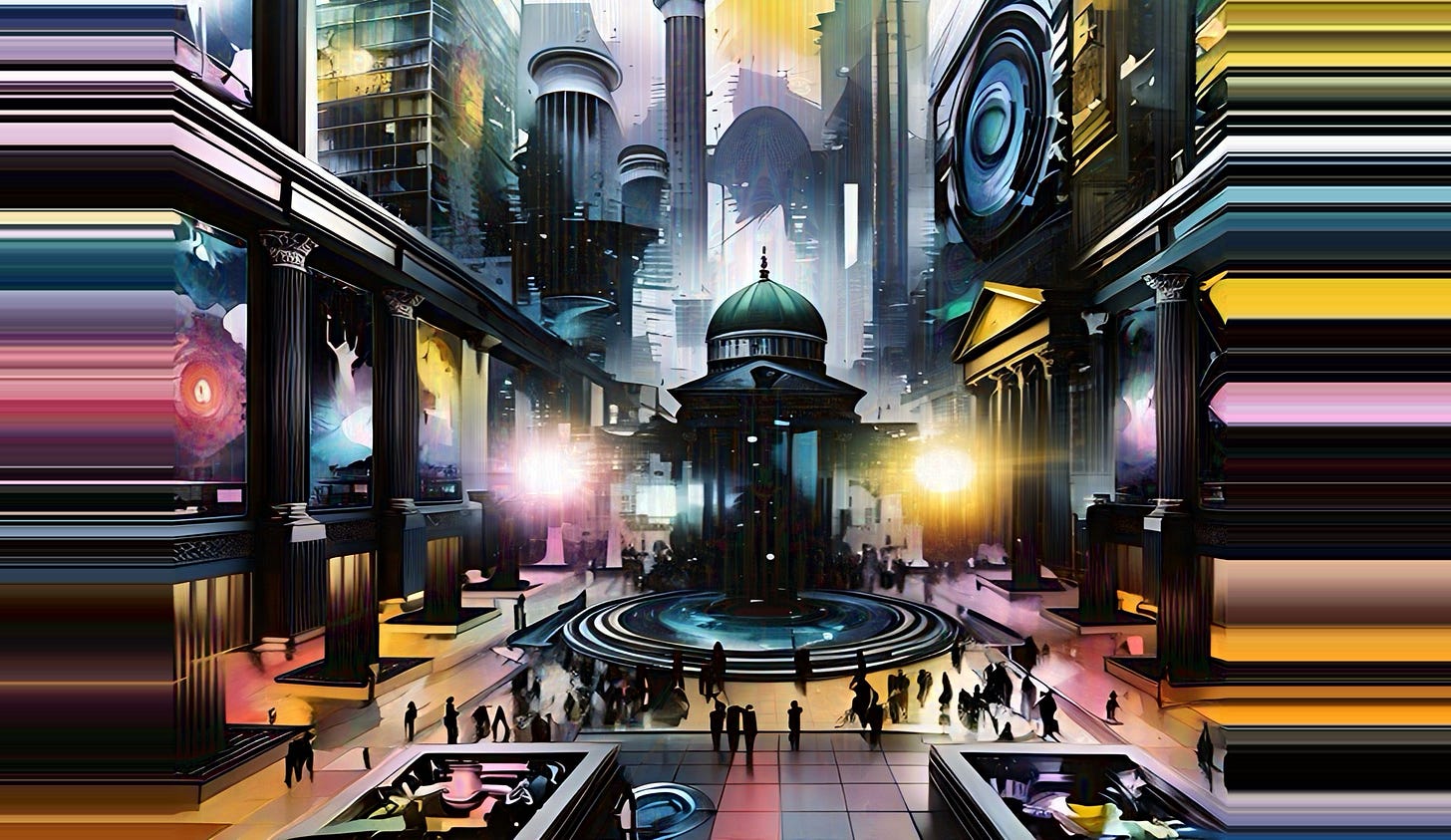Cultural Startups - The Next Frontier
The problem is that Silicon Valley is boring. The solution is for us to create something better.
Remember when startups were about building apps and disrupting fallen industries? How quaint. We're about to enter an era where the most exciting ventures aren't about coding, unless we’re talking about coding entirely new cultures. Take a minute and think about the last time a tech company really blew your mind.
I’ll wait.
You’re bored, aren’t you? You’re bored with Silicon Valley. You miss the early days of the Bay Area in which pioneers and visionaries were breaking new ground. You miss the founder parties in which AI philosophers would mingle with creative geniuses focused on reinventing biotech. You miss the days when the blockchain was a cool idea you were discussing with your developer friends. Now the culture has declined and you’re sick of everything related to Silicon Valley.
So, what’s the problem? The problem is that Silicon Valley is boring. The solution is for us to create something better.
Chinese workers already behave like AI with their high-level conformity, yet somehow their ChatGPT overnight project DeepSeek managed to win over many OpenAI users. Today’s entrepreneurs who build products are in competition with monopolies that discard them like trash. These entrepreneurs are headed out the door on a one-way ticket to some shady self-help seminar. The same faction of the same names and the same faces run the same show. It’s all fake, and everyone authentic is done with the charade.
This traditional world of startups have become predictable at best. Another B2B platform, another marketplace app, and another AI tool promising to revolutionize something that doesn’t need revolutionizing. When a startup isn’t predictable it’s so over-the-top it seems like a prank. “Uber for sweatshops” was the latest pitch at Y-Combinator. We’re funding sweatshops in Silicon Valley now, but the efficient kind.
Nevertheless, anyone with good strategic foresight understands how the ways in which we’re accelerating will be defined by a new set of rules. Startups are, and have always been, set for disruption. What better way to create disruption than to disrupt the entire startup ecosystem itself? The political stage has left us with an exciting new market opportunity that we’re already seizing.
Real startups are about culture.
Welcome to the Age of the Cultural Startup
Always look on the fringes if you want to see what comes next. We’re seeing micro-communities spawn their own economies, aesthetics, philosophical frameworks, and nations. These aren't subcultures. They're startup cultures filling a lost void. Look at Praxis Nation. They recently received $525M to build a city based on what they define as heroic beauty. Praxis is cultural startup that only marks the beginning of this changeover.
Cultural startups are poised to create a new ruling class by producing myths for an ascendent elite. These ideas force founders and investors in Silicon Valley to become more innovative if they want to stay in the game. Real disruption is headed our way. Cultural startups will begin to reach critical mass in mid-2026.
So, how do you create a cultural startup? How do you know that a cultural startup will be a worthy investment? What is the anatomy of a cultural startup?
Read on.


